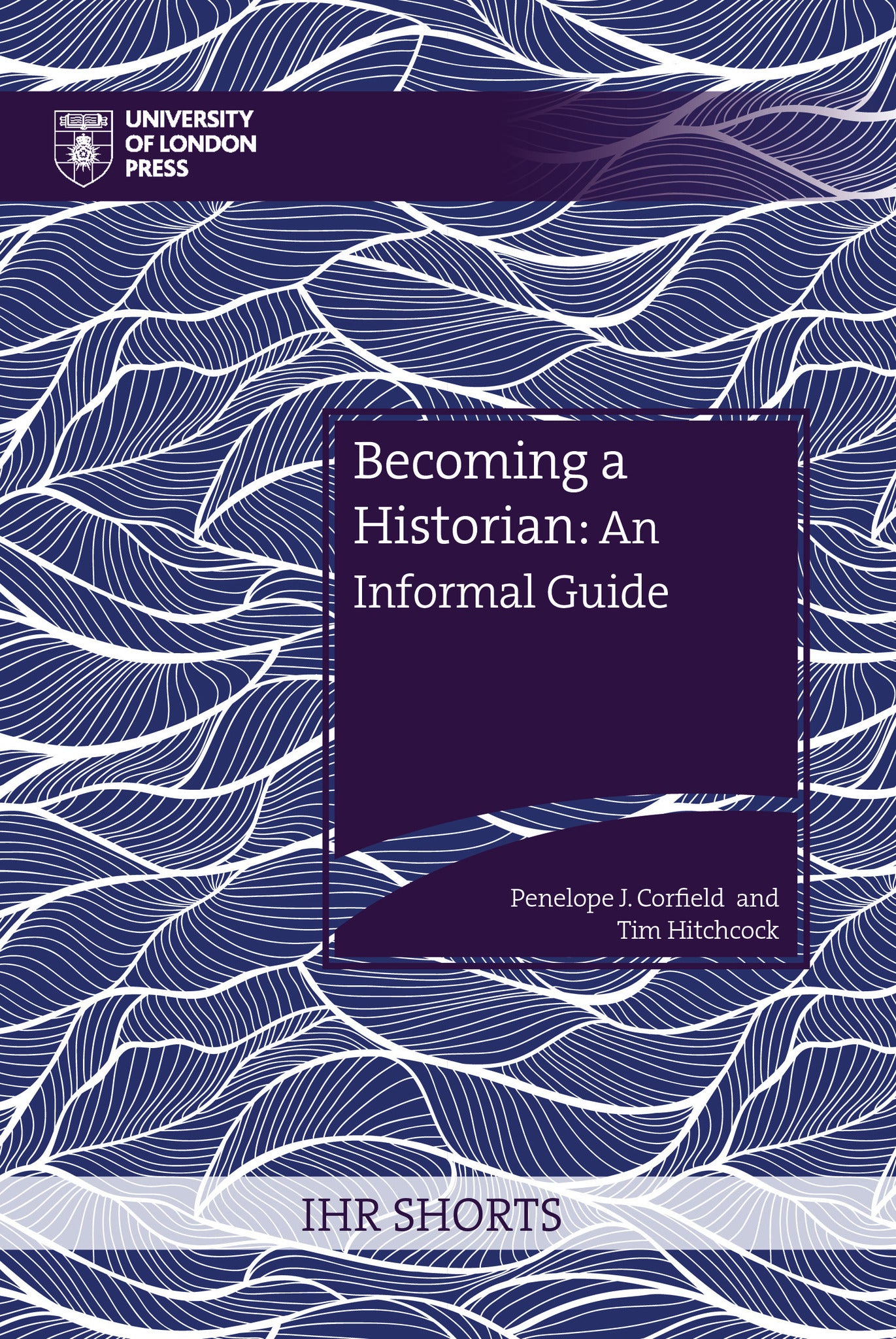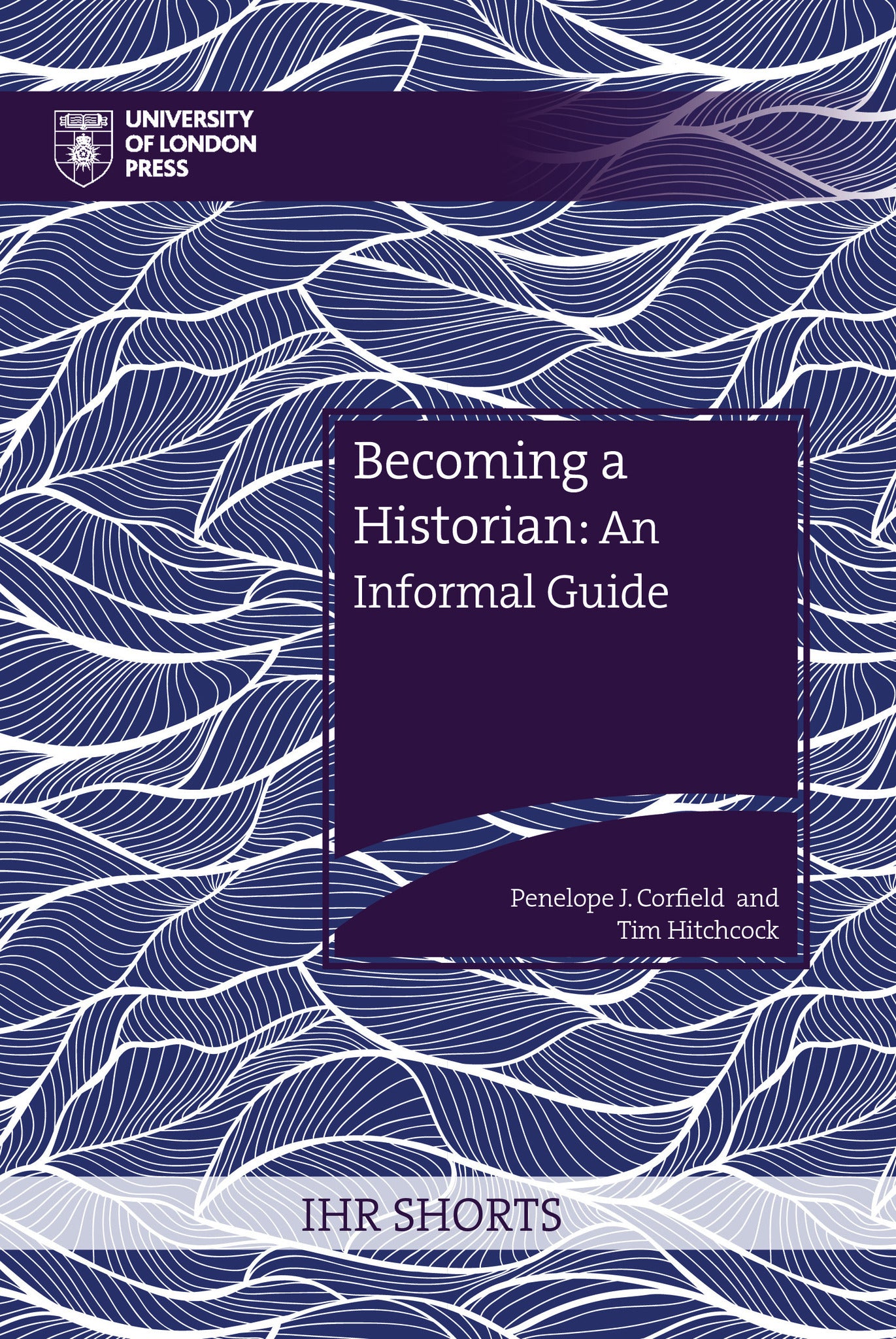We're sorry. An error has occurred
Please cancel or retry.
Becoming a Historian

Some error occured while loading the Quick View. Please close the Quick View and try reloading the page.
Couldn't load pickup availability
- Format:
-
18 May 2022

Writing history is an art and a craft. This handbook supports research students and independent scholars by showing how the historical profession works and how to participate in its vibrant community of scholars. It outlines techniques to help design large-scale research projects, demonstrates the difference between quantitative and qualitative research methodologies and provides advice on bringing projects to a positive conclusion. This friendly guide is frank about the pains and pleasures of sticking with a long-term project, and explains how to present original research to wider audiences, including the appropriate use of social media, the art of public lecturing and strategies for publication.
Written by esteemed historians Penelope J. Corfield and Tim Hitchcock, Becoming a Historian debunks the myths and demystifies the systems that can make the world of research feel intimidating, and offers step-by-step advice on participating in the historical community.

HISTORY / General, History: theory and methods, History of scholarship (principally of social sciences and humanities)

The rich tone lucid thinking and crisp writing flow through three core sections to form a road map of insightful advice for the doctoral history students journey in writing a dissertation. Part one … explains historical method for topic ideations to research plan to source assessment. Part 2 … shows how historians gaze into the past, interpreting primary evidence and prior histories to build a long-term history. Part 3 … tells how historians scholarly conversations via seminars and other venues provide feedback to refine the doctoral thesis pursuant to the oral dissertation defence. … [For} BA and MA students Becoming Historian stands tall as the go to history methods primer for anglosphere PhD students.
Part 1 Starting, Assessing, Organising 1.1 Joining the Through-Time Community of Historians
1.2 Launching the Research Project 1.3 Shared Monitoring of the Timetable 1.4 Finding Well-Attested Evidence 1.5 Probing Sources & Methodologies 1.6 Managing Masses of Data
Part 2 Writing, Analysing, Interpreting 2.1 Writing as a Historian
2.2 Doing It in Public: Historians & Social Media 2.3 Unblocking Writer’s Block, or Better Still, Non-Blocking in the First Place 2.4 Using Technology Creatively: Digital History 2.5 Assessing Some Key Research Approaches 2.6 Troubleshooting
Part 3 Presenting, Completing & Moving Onwards
3.1 Public Lecturing
3.2 Asking & Answering Seminar Questions 3.3 Chairing Seminars 3.4 Taking the Last Steps to Completion 3.5 Experiencing the Viva including Appendix: Note on Range of Viva Outcomes & Appropriate Responses 3.6 Moving Onwards to Publication & Civic Engagement
Part 4 Taking the Long View – Career Outcomes
4.1 Academic Trackways 4.2 Parallel Trackways 4.3 Summary: Trained Historians’ Knowledge and Skills
Part 5 Reflecting 5.1.1 & 5.1.2 Retrospective Thoughts
Select Booklist



